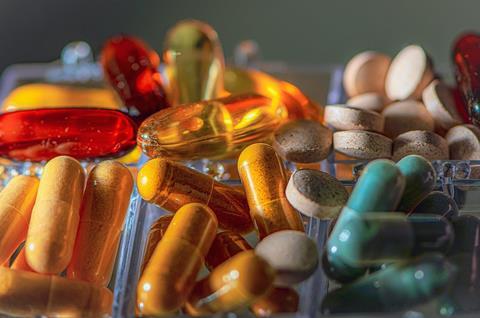In the area of microbiome-related interventions for gut, skin and other areas of health, postbiotics are one of the most misunderstood substances.

A group of scientists led by the International Scientific Association for Probiotics and Prebiotics (ISAPP) sought clarity for the concept of postbiotics in 2021 by proposing a scientific consensus definition: “a preparation of inanimate microorganisms and/or their components that confers a health benefit on the host.”
However, subsequent discussion in scientific publications and conference sessions indicates the broader scientific community has still not reached consensus on what the term means.
Now four ISAPP-affiliated scientists have published a perspective paper in Frontiers that addresses important questions that arose from the 2021 postbiotic definition. The paper covers some frequently asked questions about the ISAPP definition and provides further justification for the concept. Authors address hot topics such as the rationale behind the definition, the scope of what qualifies as a postbiotic and implications for commercial postbiotic products.
Frequently asked questions
First author Dr. Gabriel Vinderola PhD, from National University of Litoral in Argentina, explains that the paper was motivated by the most frequent questions about the concept of postbiotics that arose in public debates, on social media or in personal communications. He says, “We wanted to collect these common questions in one place and elaborate specific answers, hoping this would bring further clarity in the field.”
The most frequently raised issue about postbiotics is why the definition does not apply to microbially-produced metabolites – whether purified, in a complex mixture, or produced within the gut. The scientists who created the 2021 definition reasoned that the term postbiotic (meaning ‘after life’) was most appropriately applied to preparations of non-viable microorganisms and their component structures – a category previously called by many disparate names, including heat-killed probiotics, tyndallized probiotics, paraprobiotics, and ghost probiotics.
Significant excitement
While metabolites may be present in many preparations of microorganisms, including probiotics and postbiotics, isolated metabolites do not meet the criteria for a postbiotic, and in many cases can be simply referred to by their chemical names.
Already several commercial products marketed across Europe, North America, and Asia fit the 2021 postbiotic definition.
ISAPP’s Executive Director Marla Cunningham says “Postbiotics are currently fuelling significant excitement in scientific research and commercial innovation. The concept leverages our growing understanding of the mechanisms and mediators of host-microbial interactions, and the appreciation that microbes may not need to be alive (or even intact) to provide some of the possible health benefits.”







No comments yet